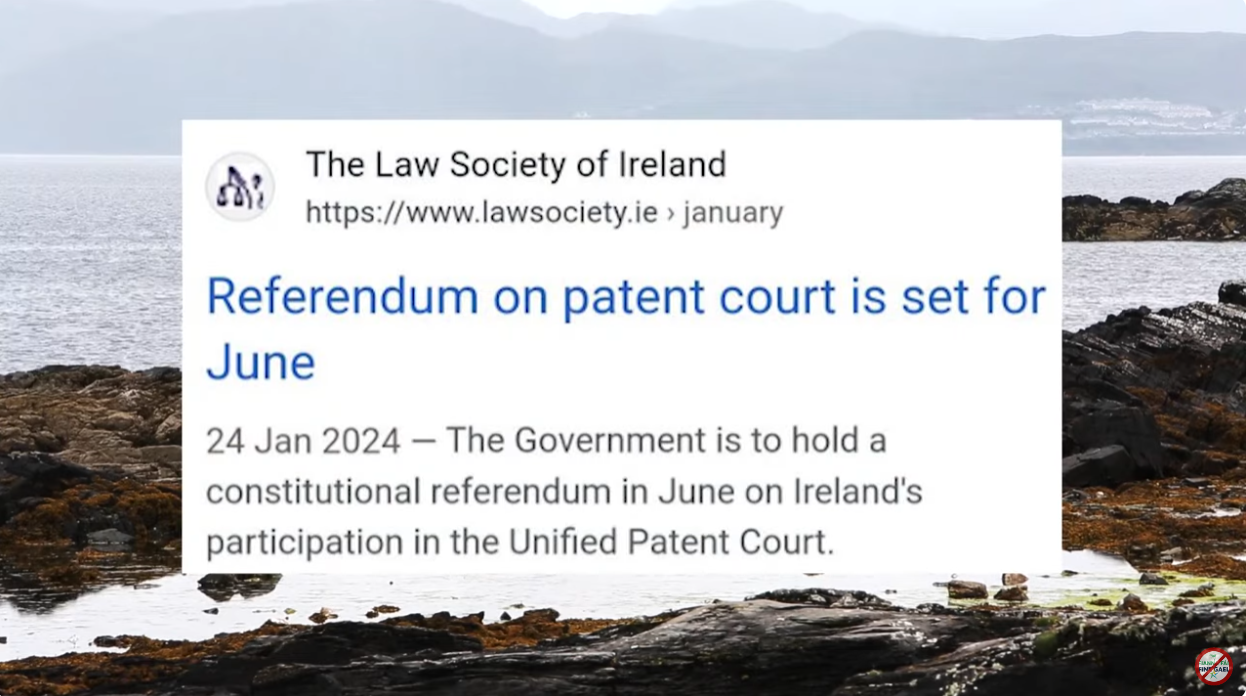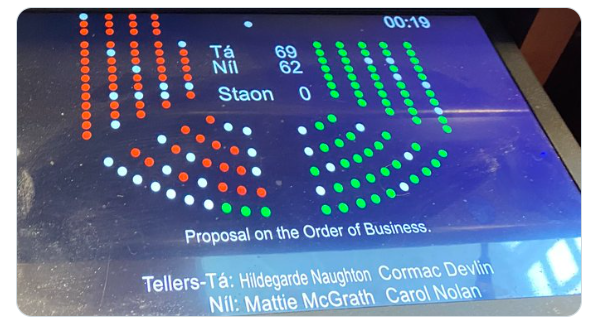If you are wondering why “Durable Relationships” are a buzz word now it has been brewing since 2017 Here is one Court Case IN THE MATTER OF THE FAMILY LAW ACT, 1995 [Supreme Court Appeal No. 128/2011; 130/2011; 135/2011] A Muslim is demanding that the Irish state recognise his polygamous marriage in a Court case. The man is from Lebanon, where polygamy is permitted. He is married to two women and has been granted Irish citizenship. Seven years ago the Department of Justice refused to grant the man’s first wife a visa. The Lebanese entered Ireland with his second wife and claimed asylum. His first wife did not arrive until much later. The man has children with both women. After its decision was challenged, the justice department agreed to quash its refusal to issue a visa to the first wife. But as part of this settlement the man is required to ask the High Court to rule on the validity of his marriage under section 29 of the 1995 Family Law Act. The state and the wives are all represented in the case. The residency rights of both spouses will depend on the decision. A number of similar cases are awaiting the outcome. Legal experts say section 29 applications are usually brought to determine if foreign divorces are valid in Ireland. Britain has agreed to recognise marriages in countries which allow polygamy, as long as a man has married just once. Liam Egan, a member of the Muslim Public Affairs Congress, accused Ireland of discriminating against Muslims in polygamous families. “It is draconian to treat this family differently,” said Egan. “Ireland discriminates against Muslims seeking citizenship by asking them to sign an affidavit. The state should not be interfering in families like this. It is silent on adulterous affairs but the moment you try and do something honourable by bringing a woman into a marriage, even a polygamous marriage, there is an issue.” In 2004 the Department of Justice introduced a requirement that Muslims seeking naturalisation sign a form confirming they had only one wife and would not marry a second one. The Department said: “The Irish Supreme Court in 1989 determined that polygamous marriages and potentially polygamous marriages are not valid and not entitled to recognition in Irish law. “There is a case involving an individual before the courts dealing with this particular issue and, as such, the department is not in a position to comment any further at this time.” The Immigrant Council of Ireland said the case highlighted the need for the government to address gaps in immigration legislation dealing with family reunification. It wants rules about who qualifies to live in Ireland as the family member of an Irish citizen or migrant.
Discover more from Over Dee Wall
Subscribe to get the latest posts sent to your email.












